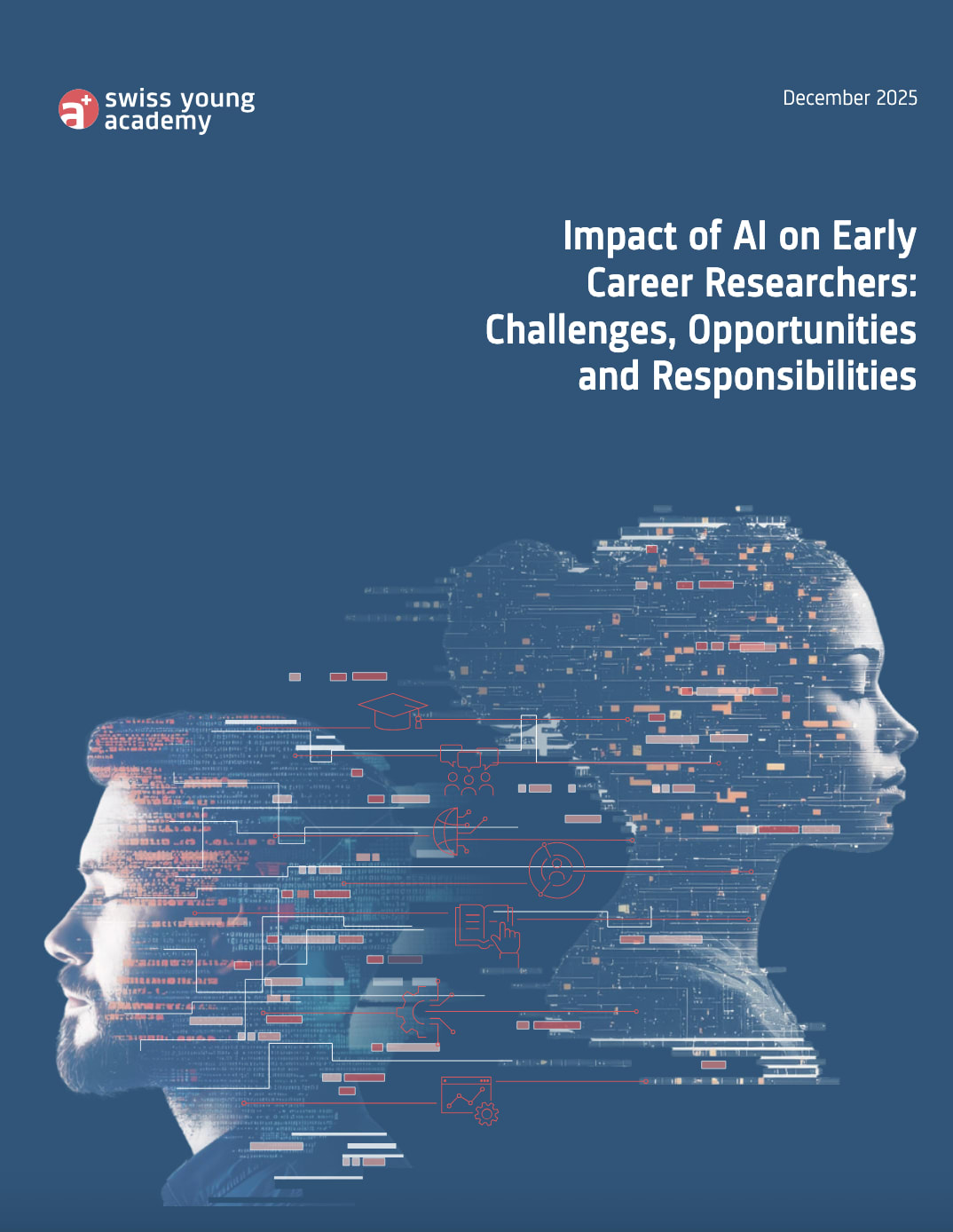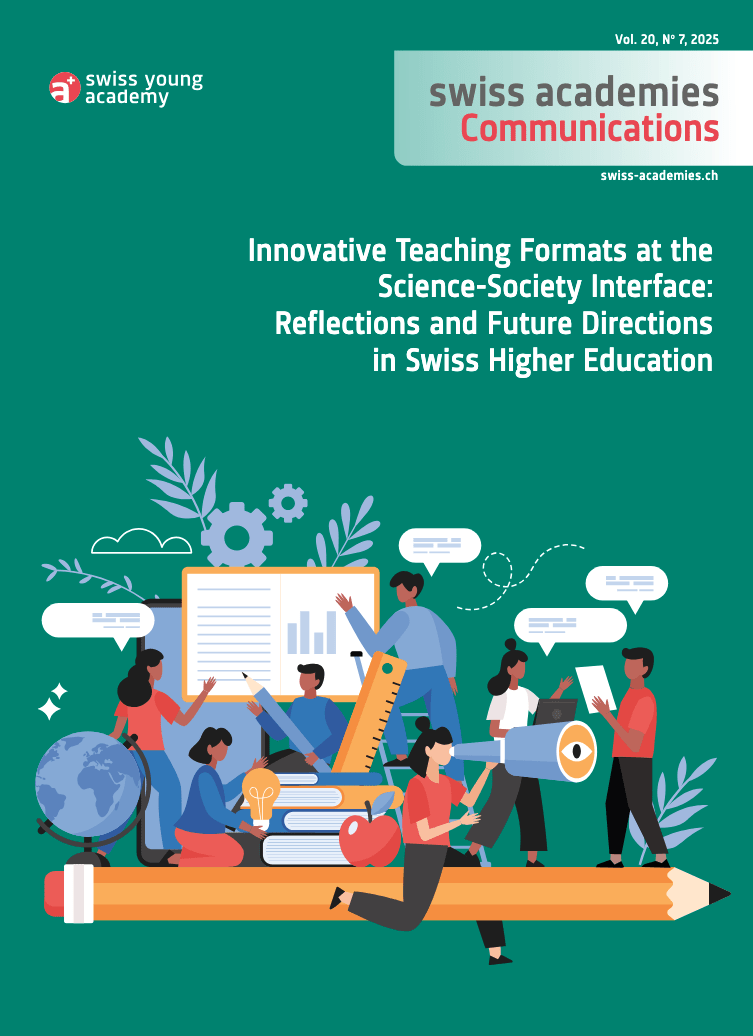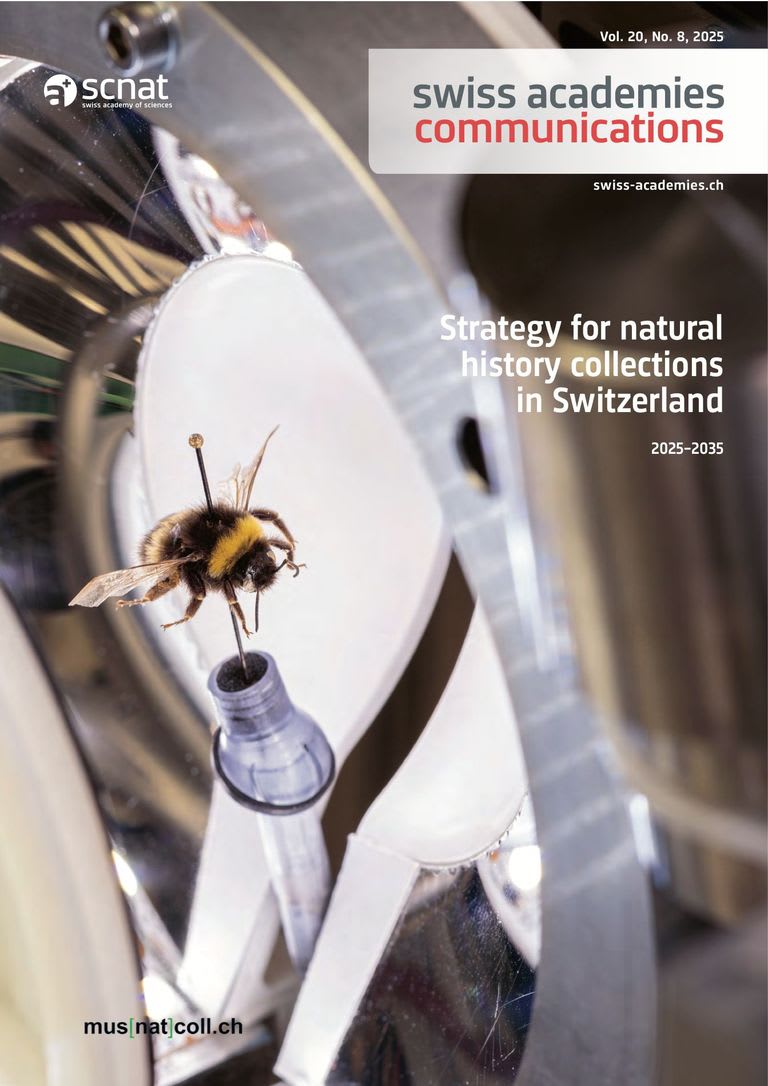Swiss Academy of Sciences SCNAT
New plant breeding techniques for Swiss agriculture – significant potential, uncertain future
SWISS ACADEMIES FACTSHEETS, VOL. 11, NO 4, 2016
Mit neuen Techniken lässt sich das Erbgut von Pflanzen präzise verändern. In den meisten Fällen könnten diese Veränderungen auch natürlich entstehen und es bleibt keine artfremde DNA in der Pflanze zurück. Die Techniken erweitern die Möglichkeiten in der Pflanzenzüchtung wesentlich und könnten so zu einer umweltverträglicheren, wirtschaftlicheren und letztlich nachhaltigeren Schweizer Landwirtschaft beitragen. Da bereits erste Sorten existieren und weitere in Kürze folgen werden, gilt es dringend abzuklären, ob Pflanzen, die mit Hilfe dieser neuen Techniken entwickelt werden, unter das Gentechnikgesetz fallen oder nicht. Aus naturwissenschaftlicher Sicht gibt es keinen Grund für eine strenge Regulierung so gezüchteter Pflanzen.
Akademien der Wissenschaften Schweiz (2016) Neue Pflanzenzüchtungstechniken für die Schweizer Landwirtschaft – grosses Potenzial, offene Zukunft. Swiss Academies Factsheets 11 (4).




